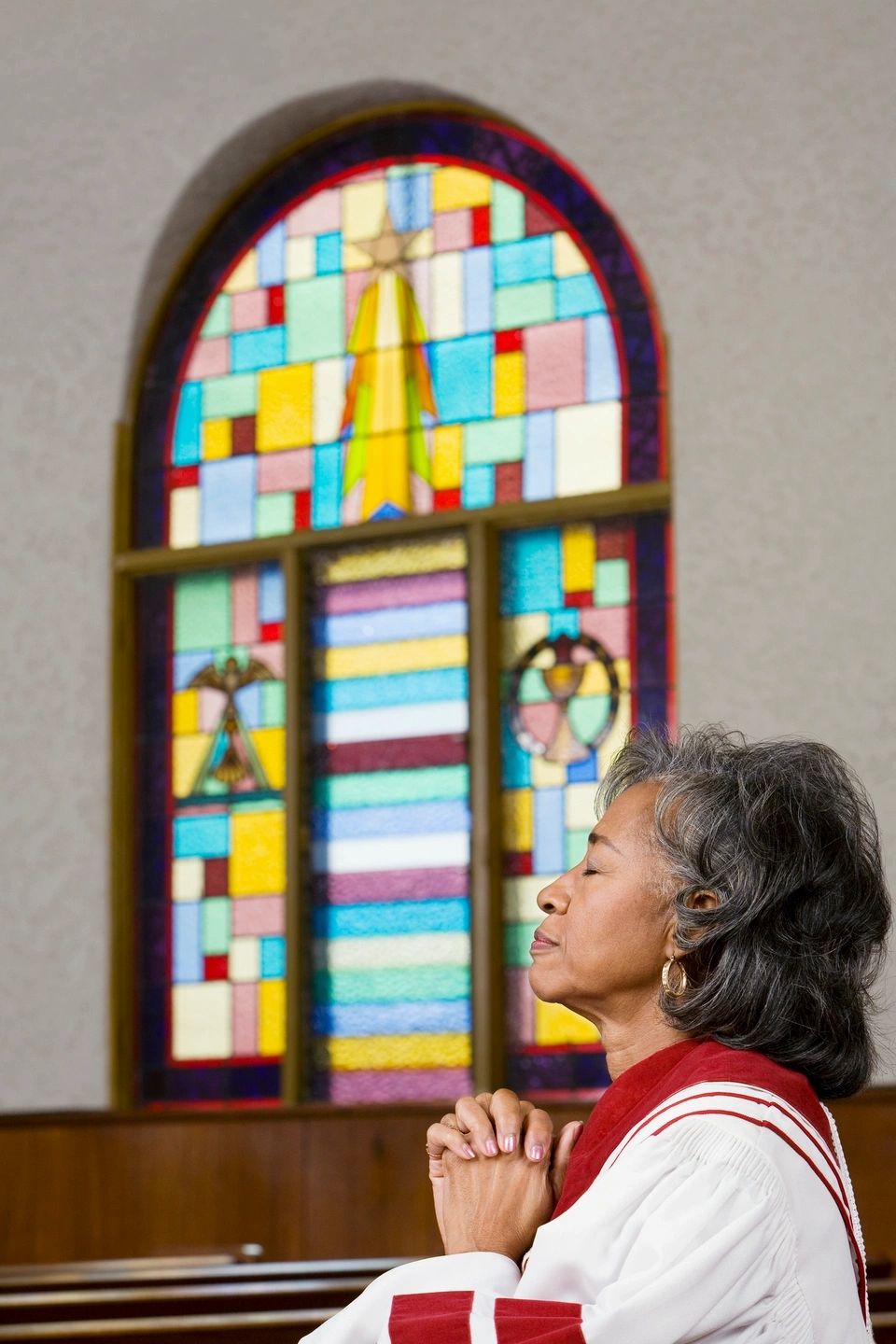The COVID-19 Pandemic continues to take all of us into uncharted territory and unknown waters. Worldwide, humanity, as a whole, is struggling. All across the world, economies are collapsing and in some countries, people are even finding food to be extremely scarce. In our own country, we are seeing domestic violence, as well as child abuse on the rise. Online alcohol sales are up 243% as many are turning to substances to try to ease their stress. The suicide hotline is receiving more calls than ever before, and mental health issues, such as anxiety and depression are at an all time high.
In these difficult times, many look to the church and its leaders for help. Church pastors are faced with the challenge of caring for their members from afar as many churches have not held in person services in several months. Many pastors are watching their parishioners struggle with mental health issues, and they want to help them as they go through these difficult times. The counselors at Water’s Edge Counseling are connected with many of Savannah’s local churches and are passionate about helping both pastors and their church members during this time. We have put together a list of some of the mental health issues that pastors may be seeing during this time, as well as some strategies for helping these individuals.
- Alcohol Dependency and Substance Abuse
During times of stress, many will turn to alcohol and other substances to try and cope with their high stress levels and numb the emotions that they are feeling. Drinking too much and/or using substances can quickly become a habit, which can lead to addiction. If you have a church member or friend, who is coming to you for help related to their alcohol consumption, one way to offer them help is to help them break the cycle. This is done by identifying their stressor and then replacing their alcohol consumption with an activity that they enjoy or find relaxing. By helping them to see an alternative, you are offering them hope that there is a better way to deal with their stress. - Domestic Violence – Domestic violence increases during times of high stress when outlets for relieving stress are scarce. Because of the circumstances regarding the COVID-19 pandemic, our country is seeing an increase in cases of domestic violence. Victims of domestic violence are often fearful and afraid to report what is going on in their homes. As pastors and vigilant members of our communities, we need to know the warning signs of domestic violence. Some of the most common warning signs are: mood changes, particularly someone becoming suddenly withdrawn, long clothing, and unexplained injuries. If you suspect that a friend or church member is the victim of domestic violence, you can visit the National Domestic Violence Hotline at thehotline.org. Please remember that all pastors, teachers, and medical professionals are mandated reporters and are required by law to report incidents of violence or abuse.
- Suicide – Any mention of taking one’s life should be taken seriously. If a church member or friend mentions the possibility of taking his or her own life, please encourage them to seek immediate help. This help can be found by calling the National Suicide Hotline, 911, or going to an ER. By taking immediate action, you can help to save someone’s life. Once the person is finding some relief, he or she should follow up with counseling to address reasons for depression and learn coping skills to prevent future thoughts of suicide.
- Anxiety – All of us have some anxiety in our lives, but anxiety becomes a problem when it begins to interfere with day to day life. As parishioners and community members deal with the stress of COVID-19, anxiety levels begin to increase. Often, people with increased anxiety will come to a pastor or trusted friend to seek help for dealing with these strong, anxious emotions. Some techniques to offer these individuals include: deep, slow breathing, journaling, prayer, meditating on Scripture, exercise, and mindfulness.
All of us have an important role as friends and community members to help those in need. Pastors are called to encourage and help their parishioners, and friends are called to help their “people” when times are tough. Many times, we are able to help others by giving them some practical advice and being a sounding board for them. Other times, however, the struggles that our friends, community members, and church members face are beyond our knowledge base and require professional help. Sometimes, getting your friend or church member connected with a therapist is the best way that you can help to encourage them. If you have friends, family members, or parishioners that are struggling, please reach out to us at Water’s Edge Counseling. We are here to help members of our community by caring for their mental and emotional health – and we also offer Online Counseling for those that feel more comfortable with this option. Give us a call at 912-319-5554!

